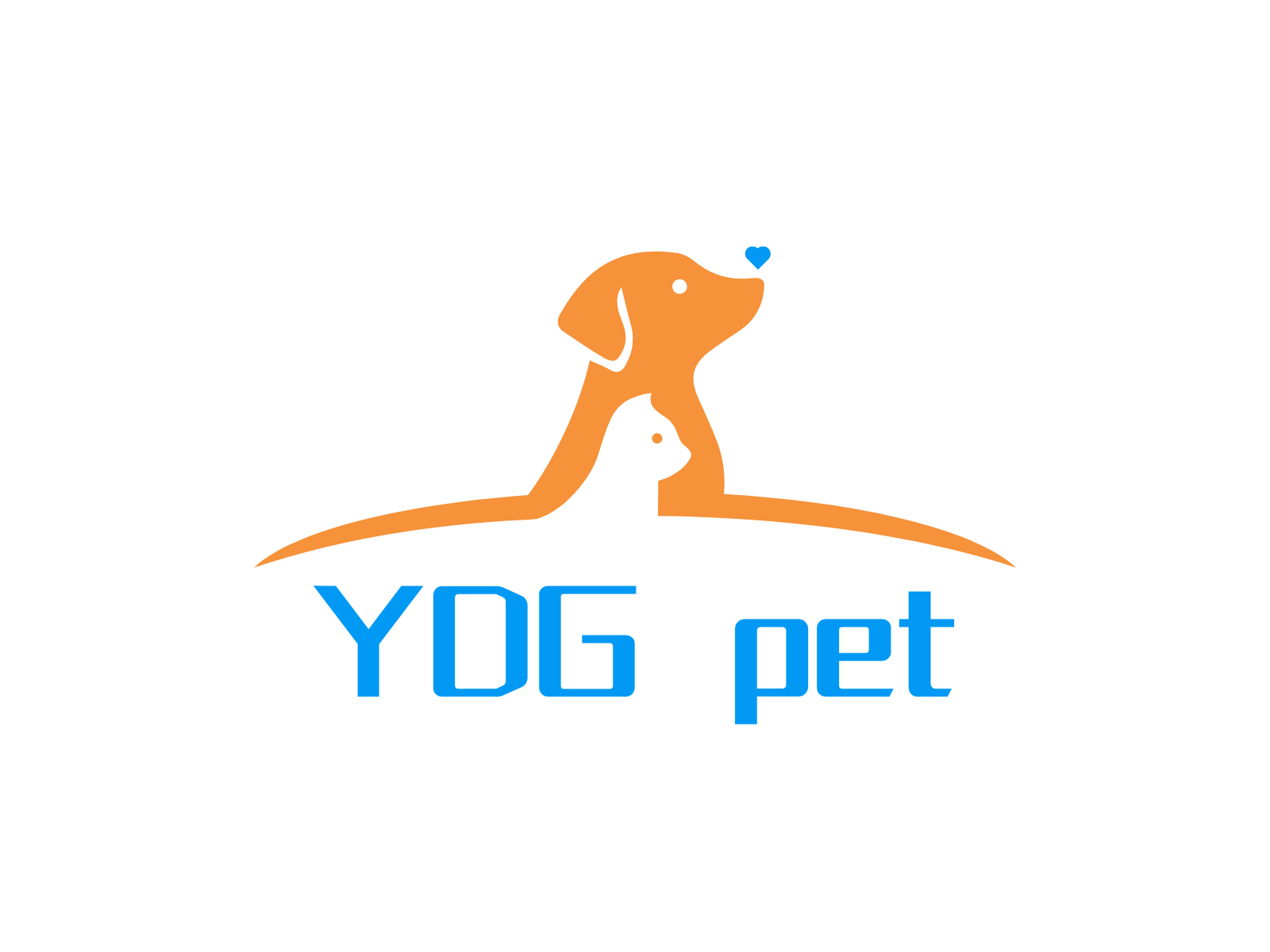(86)13652430081

When it comes to sourcing products for your pet store or online pet business, choosing the right supplier is crucial for ensuring the quality of your offerings and maintaining a strong relationship with your customers. A reliable pet supplier can not only provide high-quality products but also offer consistent service, competitive pricing, and strong support. Here are some essential tips to help you choose a trustworthy and reliable pet supplier.
1. Product Quality and Variety
The first and most important factor to consider is the quality of the products offered by the supplier. Your customers expect durable, safe, and high-quality pet products that are suitable for the pets’ needs. Ensure the supplier provides:
- Certification and safety standards: Look for suppliers that follow industry standards and regulations, such as ISO certification, quality assurance, and adherence to health and safety guidelines. For example, pet foods should be produced according to regulations set by organizations like the FDA (U.S. Food and Drug Administration) or AAFCO (Association of American Feed Control Officials).
- Product variety: A reliable supplier should offer a wide range of pet products, including food, toys, grooming products, health supplements, and accessories. This variety ensures you can cater to different types of pets (dogs, cats, birds, etc.) and meet the diverse needs of your customers.
2. Reputation and Experience
A trustworthy pet supplier will have a solid reputation within the industry. This can often be gauged by:
- Customer reviews and testimonials: Look for reviews from other businesses or pet owners who have used the supplier’s products. Positive feedback and a strong online presence indicate a good reputation.
- Industry experience: Suppliers who have been in the business for several years are typically more reliable. They understand market trends, customer demands, and supply chain challenges. Established suppliers are also more likely to have a solid track record of delivering products on time.
3. Pricing and Payment Terms
While quality is key, competitive pricing is also important. However, beware of suppliers who offer unusually low prices, as this could be an indication of subpar products or hidden costs. To evaluate pricing:
- Compare prices: Research multiple suppliers to compare the prices of similar products. Look for suppliers that offer reasonable pricing for high-quality products.
- Payment terms: Reliable suppliers will offer flexible and transparent payment options, including bulk discounts, credit terms, or a clear return/refund policy. Clear terms ensure that there are no surprises down the road.
4. Delivery and Shipping
A reliable supplier should be able to meet your delivery requirements. Consider the following:
- Shipping speed: Check the supplier’s shipping timelines. Long delays can hurt your business and upset customers. A good supplier will have an efficient shipping process in place.
- Shipping costs: Look for suppliers with competitive shipping rates or free shipping offers, especially if you’re ordering in bulk.
- Packaging quality: Ensure the supplier uses secure and appropriate packaging, particularly for fragile or perishable products like pet food.
5. Customer Service and Support
Excellent customer service is essential when choosing a supplier. A supplier that provides top-notch support will make your job easier and help resolve any issues that arise promptly. Look for:
- Availability: Ensure the supplier has clear communication channels (phone, email, live chat) and offers quick response times. You should be able to easily get in touch with them if there are issues with an order or a product.
- Problem resolution: A reliable supplier will be responsive to complaints or disputes and offer solutions such as replacements or refunds when necessary. Their ability to handle problems efficiently will save you time and money in the long run.
6. Returns and Refund Policy
Check the supplier’s return and refund policies before making any large purchases. A reputable supplier will have a clear, fair return process in place if a product is defective, damaged, or not what you expected. This is especially important for pet products that might need to be exchanged due to health and safety reasons.
7. Ethical Practices and Sustainability
Today’s consumers are more conscious about the ethical and environmental practices of companies they buy from. A reliable supplier will be transparent about their:
- Sustainability efforts: Look for suppliers that prioritize eco-friendly practices, such as offering products made from sustainable materials, using recyclable packaging, and ensuring their products are cruelty-free.
- Ethical sourcing: If you’re sourcing pet food or accessories, ensure the supplier follows ethical sourcing practices, such as using ingredients that are responsibly sourced and free from harmful chemicals or unethical labor practices.
8. Trial Orders and Samples
Before committing to large orders, ask for samples or place a small trial order to test the supplier’s product quality, delivery time, and customer service. This will give you a firsthand experience of their reliability and whether they meet your business’s needs.
9. Supply Chain Reliability
A dependable supplier will have a reliable supply chain. They should be able to consistently fulfill orders and notify you promptly about any supply shortages or delays. Inquire about their backup plans or alternative solutions in case of unexpected disruptions in the supply chain, such as delays in manufacturing or shipping.




